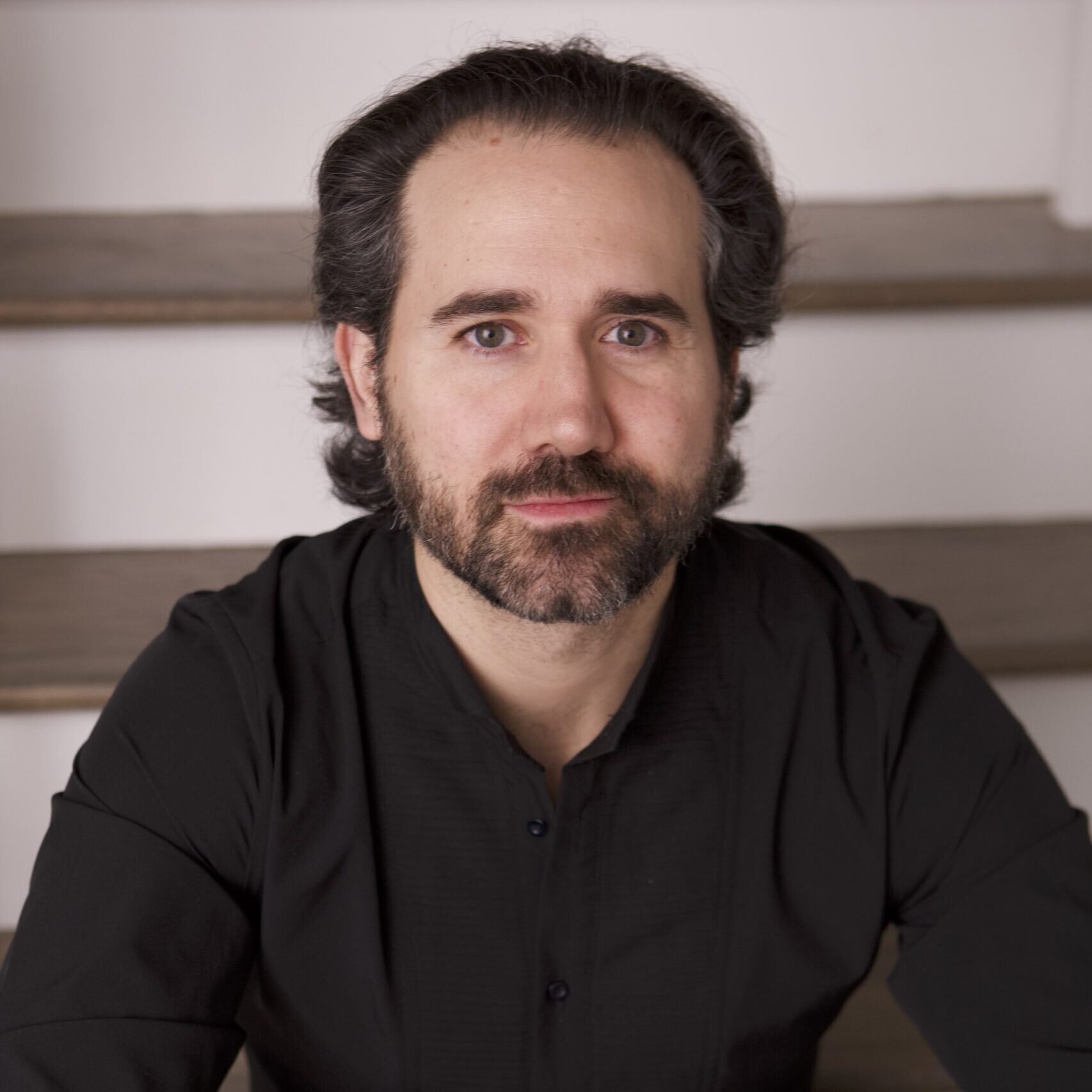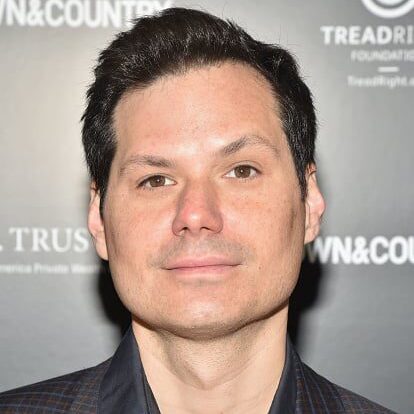Sign up for weekly new releases, exclusive access to live debates, and Open to Debate’s educational newsletters.
- Debates
Features
Topics
Upcoming debates
-
-
-
Live Debate in Baltimore
It’s been five years since the start of COVID-19, and the world is still grappling with its consequences—millions of lives lost, shaken trust in institutions, and deep political divisions. Public health agencies like the CDC and WHO faced immense uncertainty while delivering science-based guidance. But did public health systems fail society, or did society fail public health? Critics argue that public health leaders were unprepared, mismanaged the crisis, and provided inconsistent guidance. Slow responses, inadequate medical supplies, and delayed vaccines intensified suffering. Others claim the failures were societal, citing widespread mistrust, misinformation, and resistance to masks, vaccines, and distancing, which undermined compliance and effectiveness. In this episode of “The Hopkins Forum,” two teams of renowned health practitioners, government officials, and health journalists will debate both sides of the following question: Was COVID a Public Health Failure or Did Society Fail Public Health?Wednesday, September 17, 2025
-
- Insights
- About
-

SUPPORT OPEN-MINDED DEBATE
Help us bring debate to communities and classrooms across the nation.
Donate
- Header Bottom



















JOIN THE CONVERSATION